Pressure Cooker: Why Home Cooking Won’t Solve Our Problems and What We Can Do About It
Food is at the center of national debates about how Americans live and the future of the planet. Not everyone agrees about how to reform our relationship to food, but one suggestion rises above the din: We need to get back in the kitchen. Amid concerns about rising rates of obesity and diabetes, unpronounceable ingredients, and the environmental footprint of industrial agriculture, food reformers implore parents to slow down, cook from scratch, and gather around the dinner table. Making food a priority, they argue, will lead to happier and healthier families. But is it really that simple?
In this riveting and beautifully-written book, Sarah Bowen, Joslyn Brenton, and Sinikka Elliott take us into the kitchens of nine women to tell the complicated story of what it takes to feed a family today. All of these mothers love their children and want them to eat well. But their kitchens are not equal. From cockroach infestations and stretched budgets to picky eaters and conflicting nutrition advice, Pressure Cooker exposes how modern families struggle to confront high expectations and deep-seated inequalities around getting food on the table.
Based on extensive interviews and field research in the homes and kitchens of a diverse group of American families, Pressure Cooker challenges the logic of the most popular foodie mantras of our time, showing how they miss the mark and up the ante for parents and children. Romantic images of family meals are inviting, but they create a fiction that does little to fix the problems in the food system. The unforgettable stories in this book evocatively illustrate how class inequality, racism, sexism, and xenophobia converge at the dinner table. If we want a food system that is fair, equitable, and nourishing, we must look outside the kitchen for answers.
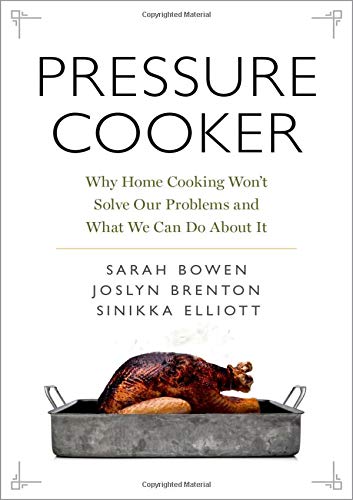

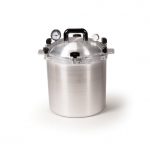
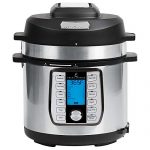
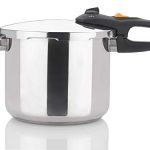

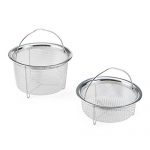
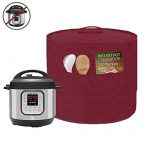
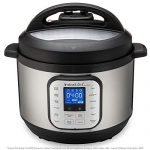

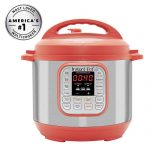




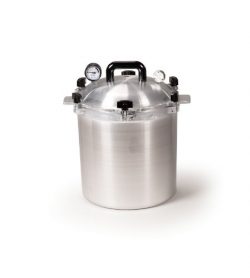




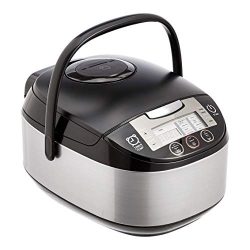
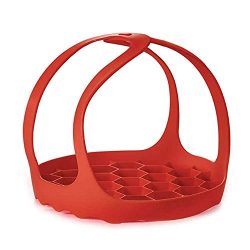
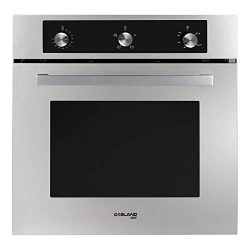

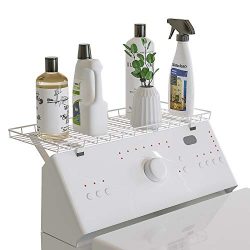
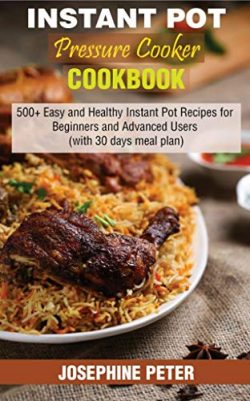
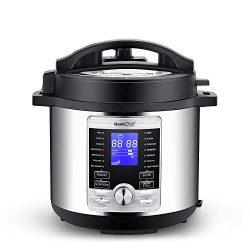

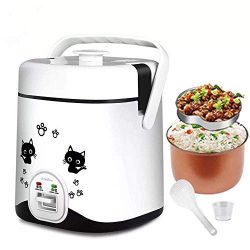



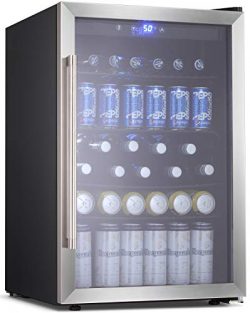


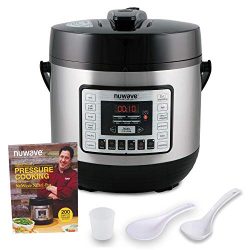


Amazing look at food issues This book is a very well-cited study of food, its acquisition, preparation, and consumption. It follows several families, mostly low income families, as they navigate feeding themselves. Women’s roles and the perceptions around them are central, as are our country’s policies about welfare. I was hoping to keep reading forever, but I’ve got a list of many other works to find out more thanks to the references section in this book. Definitely a must read for anyone concerned about our food supply,…
This is not the home cooking critique you are looking for. This book is not a critique of the benefits of home cooking, and that is unfortunate. My guess is that the authors were looking for a way to sell their research and came up with home cooking as a foil. The book has three parts, an intro that fails to lay out the argument against home cooking, the overly long and meandering look at nine women and their challenges and a âconclusionâ that in essence says that we need to help poor people not be poor and the primary strategy is to raise minimum…